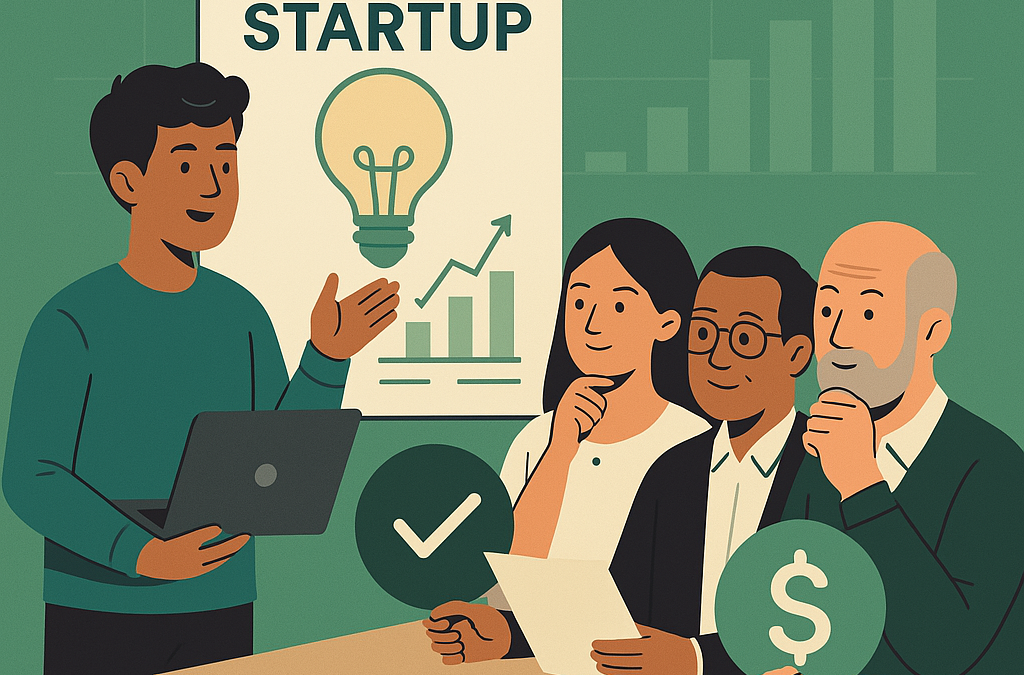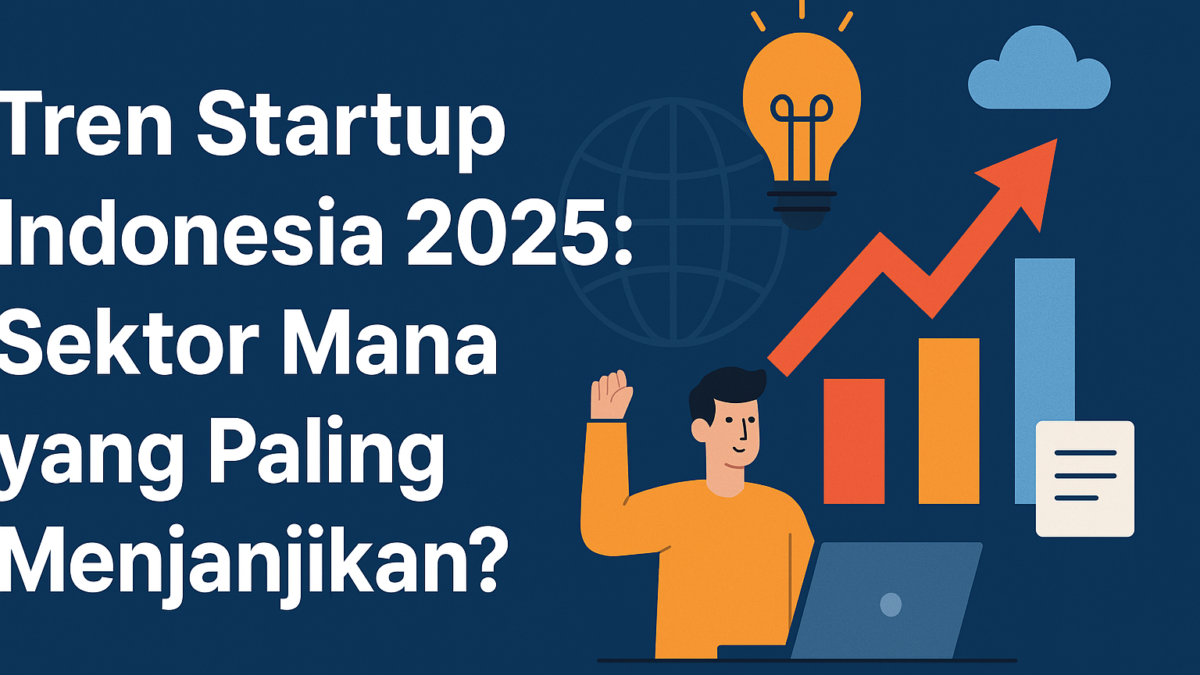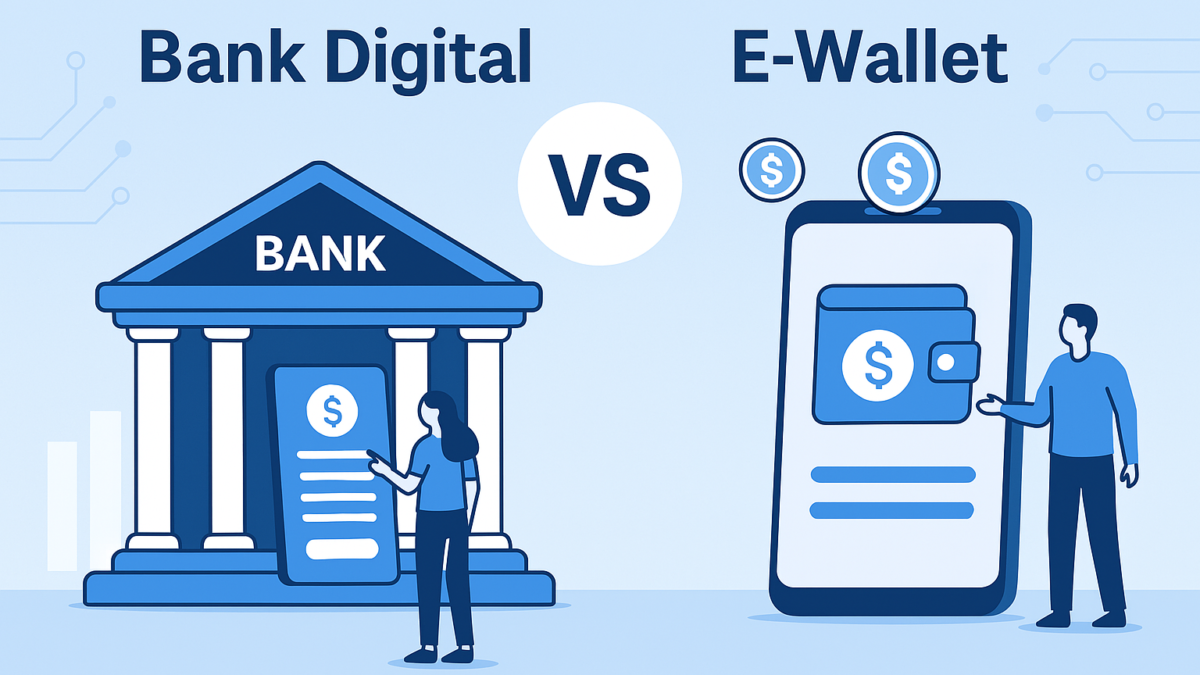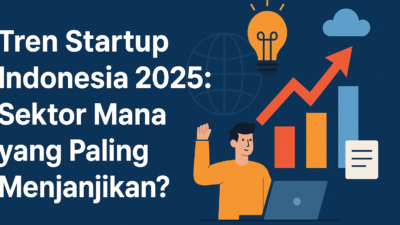
Tech startups have emerged as powerful agents of change, leveraging innovation to tackle some of the world’s most pressing challenges. From healthcare and education to sustainability and financial inclusion, these agile, technology-driven companies are addressing issues that traditional systems have struggled to resolve. Their ability to think creatively, act swiftly, and adopt cutting-edge technologies is transforming industries and improving lives on a global scale.
This article explores how tech startups are solving global problems and highlights key success stories and emerging trends.
1. Revolutionizing Healthcare
Tech startups are making healthcare more accessible, affordable, and efficient through telemedicine, AI diagnostics, and wearable technologies.
Key Innovations:
- Telemedicine: Startups like Doctolib and K Health enable remote consultations, breaking down barriers to healthcare access, especially in rural areas.
- AI Diagnostics: Companies like Zebra Medical Vision use artificial intelligence to detect diseases like cancer and heart conditions from medical imaging.
- Wearables: Devices from startups like Oura Ring and Whoop monitor health metrics, empowering individuals to track and improve their well-being.
Impact:
- Reduced strain on healthcare systems.
- Early detection and prevention of diseases.
- Greater accessibility to medical services in underserved regions.
2. Transforming Education
Education startups are bridging gaps in access to quality learning, equipping students with the tools to thrive in a digital economy.
Key Innovations:
- EdTech Platforms: Startups like Coursera and Byju’s provide online courses, making education accessible to millions worldwide.
- Gamified Learning: Apps like Kahoot! and Duolingo make learning engaging and effective.
- AI-Powered Personalization: Companies like Squirrel AI use adaptive learning algorithms to tailor educational content to individual needs.
Impact:
- Democratized access to quality education.
- Improved learning outcomes through personalized experiences.
- Lifelong learning opportunities for individuals of all ages.
3. Advancing Sustainability
With climate change threatening global ecosystems, startups are developing sustainable technologies to reduce environmental impact.
Key Innovations:
- Renewable Energy: Companies like SolarEdge and NextEra Mobility innovate in solar energy and electric vehicle infrastructure.
- Circular Economy: Startups like Loop and TerraCycle focus on recycling and sustainable packaging.
- Carbon Capture: Innovators such as Climeworks develop technology to capture and store CO2 emissions.
Impact:
- Reduced carbon footprints and enhanced renewable energy adoption.
- Promotion of sustainable consumption and production patterns.
- Accelerated transition to a low-carbon economy.
4. Financial Inclusion
Billions of people remain unbanked or underbanked, limiting their ability to access credit, save money, and grow wealth. Fintech startups are changing this narrative.
Key Innovations:
- Mobile Banking: Startups like Branch and Tala provide access to banking services via smartphones.
- Blockchain Solutions: Platforms like Celo and BitPesa use blockchain to facilitate low-cost international remittances.
- Microlending: Companies like Kiva connect borrowers with lenders, enabling small businesses to grow.
Impact:
- Expanded access to financial services for underserved populations.
- Empowerment of small businesses and entrepreneurs.
- Reduced poverty through financial literacy and resources.
5. Innovating in Food and Agriculture
Startups are addressing food security and agricultural inefficiencies through technology, ensuring sustainable food systems.
Key Innovations:
- Vertical Farming: Companies like Plenty and AeroFarms use controlled environments to grow crops sustainably.
- Food Waste Solutions: Startups like Too Good To Go combat food waste by connecting consumers with surplus food.
- Precision Agriculture: Tools from AgriTech startups like CropX help farmers optimize resources and boost yields.
Impact:
- Increased food production efficiency.
- Reduced food waste and environmental degradation.
- Improved access to fresh and nutritious food globally.
6. Enhancing Disaster Response
Startups are leveraging AI, IoT, and drones to improve disaster preparedness, response, and recovery.
Key Innovations:
- Early Warning Systems: Startups like One Concern use predictive analytics to forecast natural disasters.
- Drones: Companies like Zipline deliver medical supplies to disaster-stricken areas.
- Crowdsourced Platforms: Tools like Ushahidi aggregate real-time data for coordinated relief efforts.
Impact:
- Faster and more effective disaster response.
- Lives saved through timely resource allocation.
- Improved resilience in vulnerable regions.
Success Stories
1. Zipline (Healthcare)
- Challenge: Delivering medical supplies to remote areas.
- Solution: Autonomous drones delivering essential healthcare supplies.
- Impact: Over 4 million deliveries in countries like Rwanda and Ghana.
2. Byju’s (Education)
- Challenge: Limited access to quality education in India.
- Solution: An app offering personalized, engaging learning experiences.
- Impact: Over 150 million registered users worldwide.
3. Climeworks (Sustainability)
- Challenge: Rising CO2 emissions.
- Solution: Direct air capture technology to remove CO2 from the atmosphere.
- Impact: Deployment of carbon capture facilities in Europe.
Emerging Trends in Tech Startups
1. AI-Driven Innovation
AI is enabling startups to solve complex problems faster, from predicting diseases to optimizing supply chains.
2. Impact Investment
More investors are funding startups with a focus on social and environmental impact, aligning profits with purpose.
3. Collaboration with Governments and NGOs
Startups are increasingly partnering with public and nonprofit sectors to scale solutions and drive systemic change.
4. Localized Solutions
Startups are tailoring innovations to address region-specific challenges, ensuring greater adoption and impact.
Conclusion
Tech startups are not just businesses; they are problem solvers driving global progress. By harnessing technology, these innovators are addressing critical issues like healthcare access, climate change, financial inclusion, and education gaps. Their work is a testament to how entrepreneurship and innovation can create a better future for all.
As challenges evolve, so will the solutions, making tech startups an indispensable force in building a more equitable and sustainable world.















